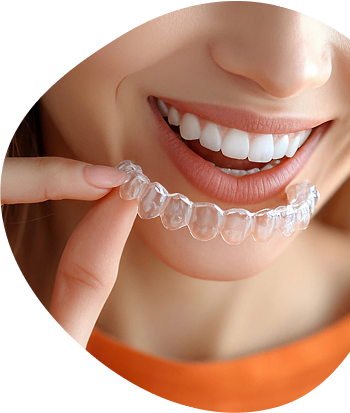Tooth decay is the most widespread dental disease among children and adults, also one of the most easily prevented. It starts with the erosion of the tooth enamel that leads to holes in your teeth, known as cavities. If left untreated, the entire tooth can become compromised and result with an infection that can spread to your gums, root canal, jawbone, and gum disease in extreme cases. Preventing tooth decay and gum disease is preventable with simple and easy affordable steps.
Brush your teeth twice a day, every day. Don’t underestimate its importance. This is a simple step and extremely important to help remove plaque build-up and bacteria that lead to tooth decay and periodontal disease.
Floss daily, brushing is not complete without flossing. Floss can reach the crevices that are too small for your brush bristles and is a necessary step for a clean mouth. Plaque easily builds up in these small spots between teeth and around the gum line, often resulting in tooth decay and gum disease.
Make better food choices and skip the sugar. Sugar-filled and starchy foods cause a reaction in your mouth that leads to tooth decay. Sugar reacts with the bacteria in your saliva to form an acid that erodes your tooth enamel which is supposed to function as the outer protective layer of your teeth. Use mouthwash and boost your oral hygiene routine by rinsing with an anti-bacterial mouthwash.
Use toothpaste that contains fluoride. Fluoride helps strengthen tooth enamel and helps combat tooth decay. Brush your tongue with fluoride toothpaste, it houses bacteria and by using your toothbrush or a tongue scraper it can help prevent bacteria buildup.
Observe your mouth and gums, be sure to notice if they look inflamed or if you spot an abnormal amount of blood while brushing. Don’t ignore aches and pains and consult your dentist to make sure it’s not a symptom of something serious.
Keep up with your dental exam visits with your dentist in Colorado Springs. It is essential for the health of your teeth and gums for a dental cleaning and check-up twice a year. Assuming you can skip an appointment just because your teeth look healthy and because you haven’t experienced any pain is not recommended. Your dentist has the education and experience to help validate any symptoms or signs of trouble that you may not be able to detect.










.png)


